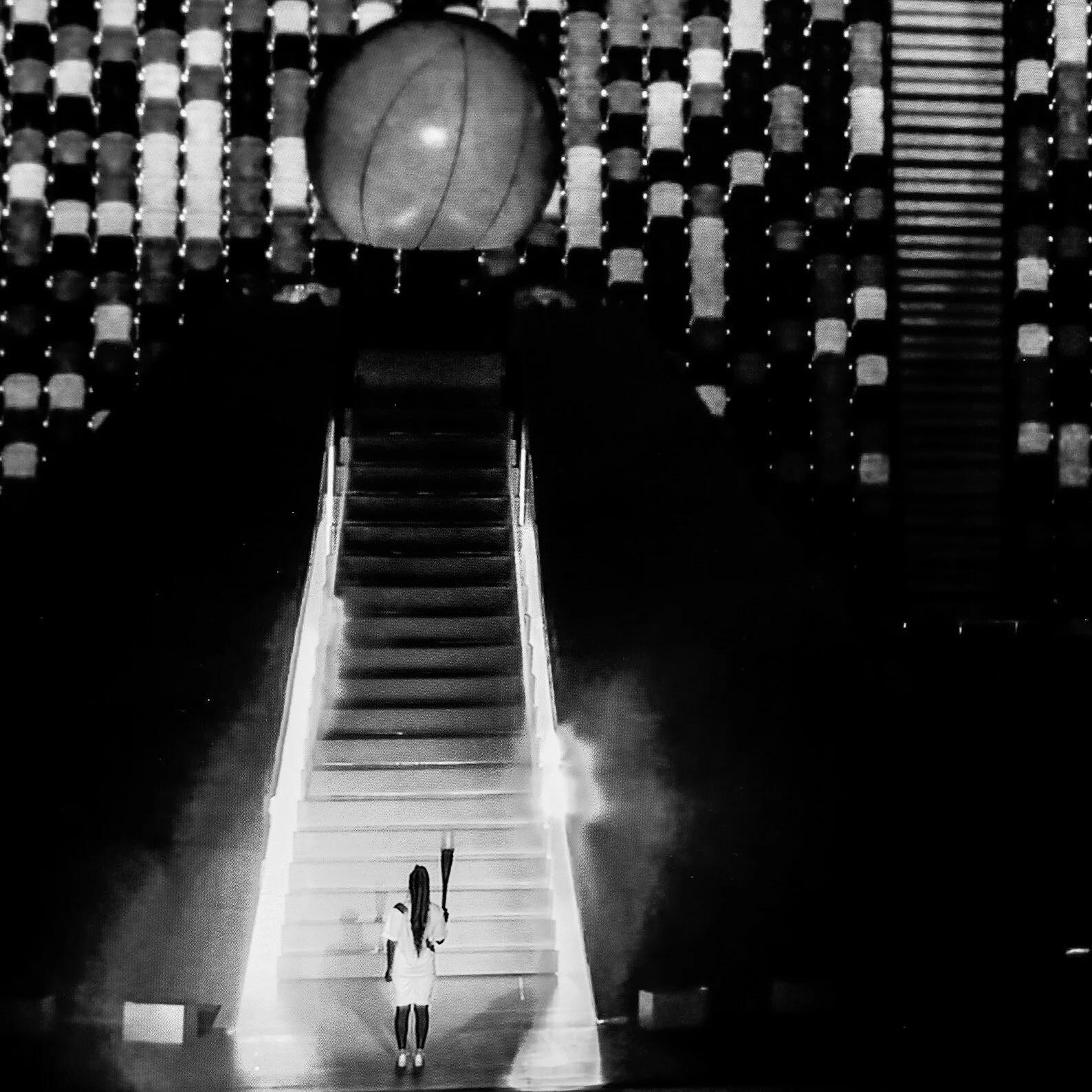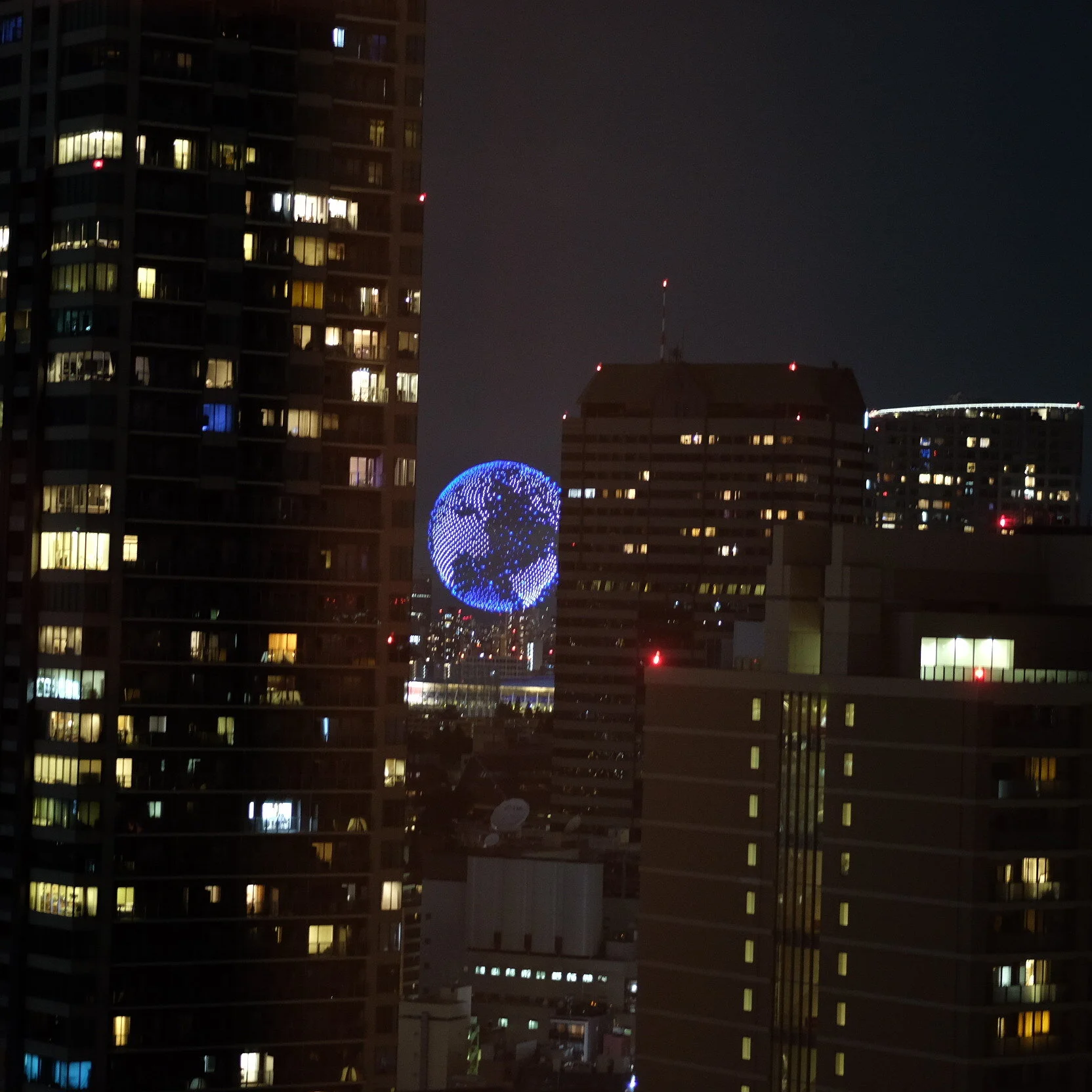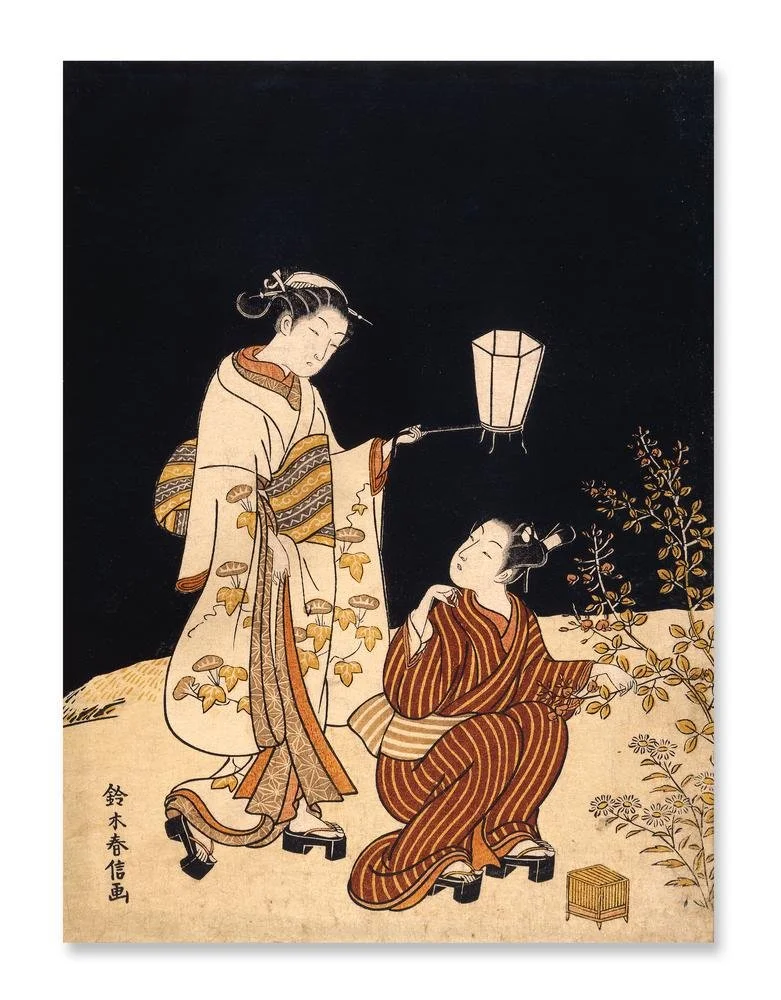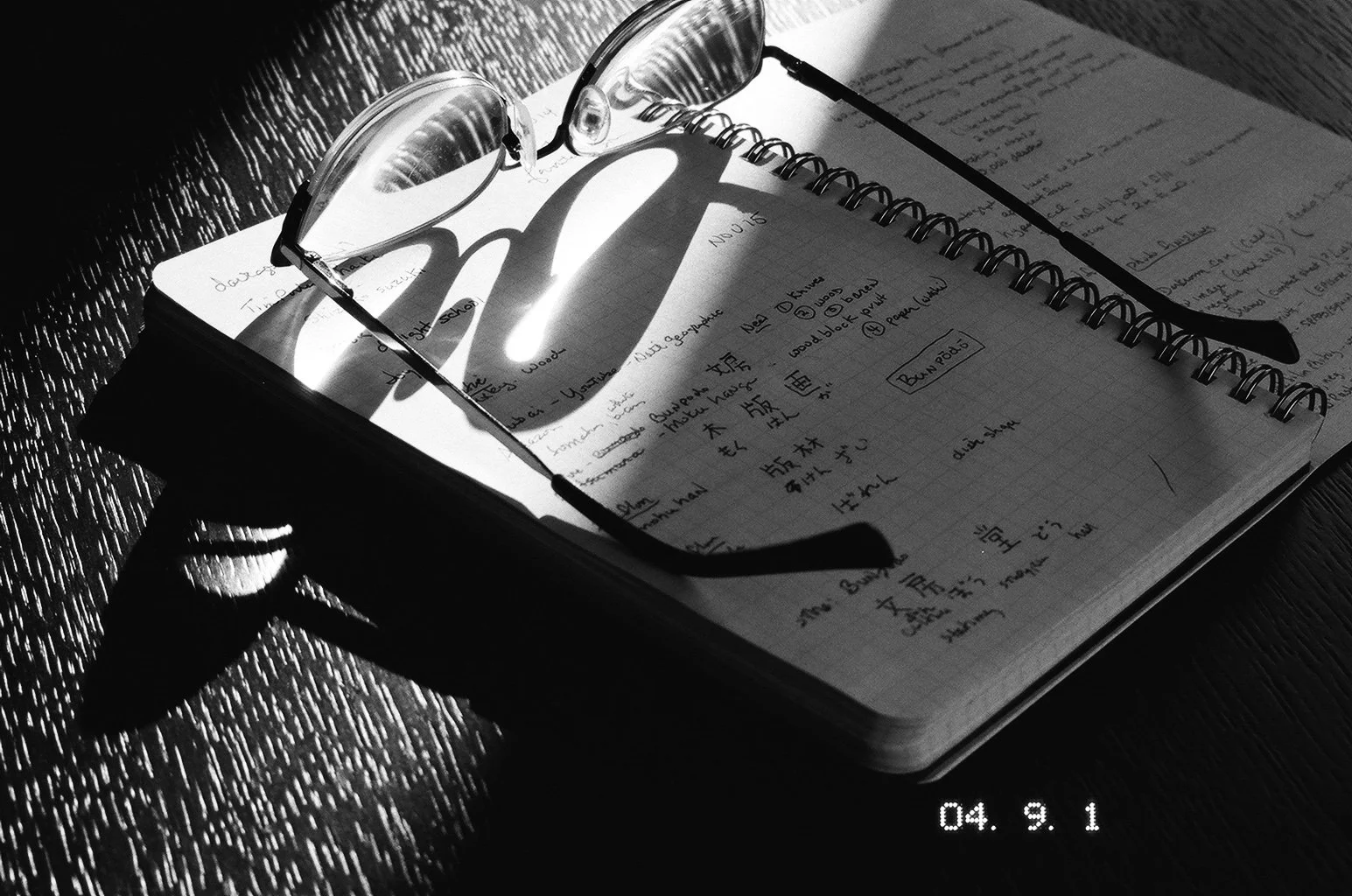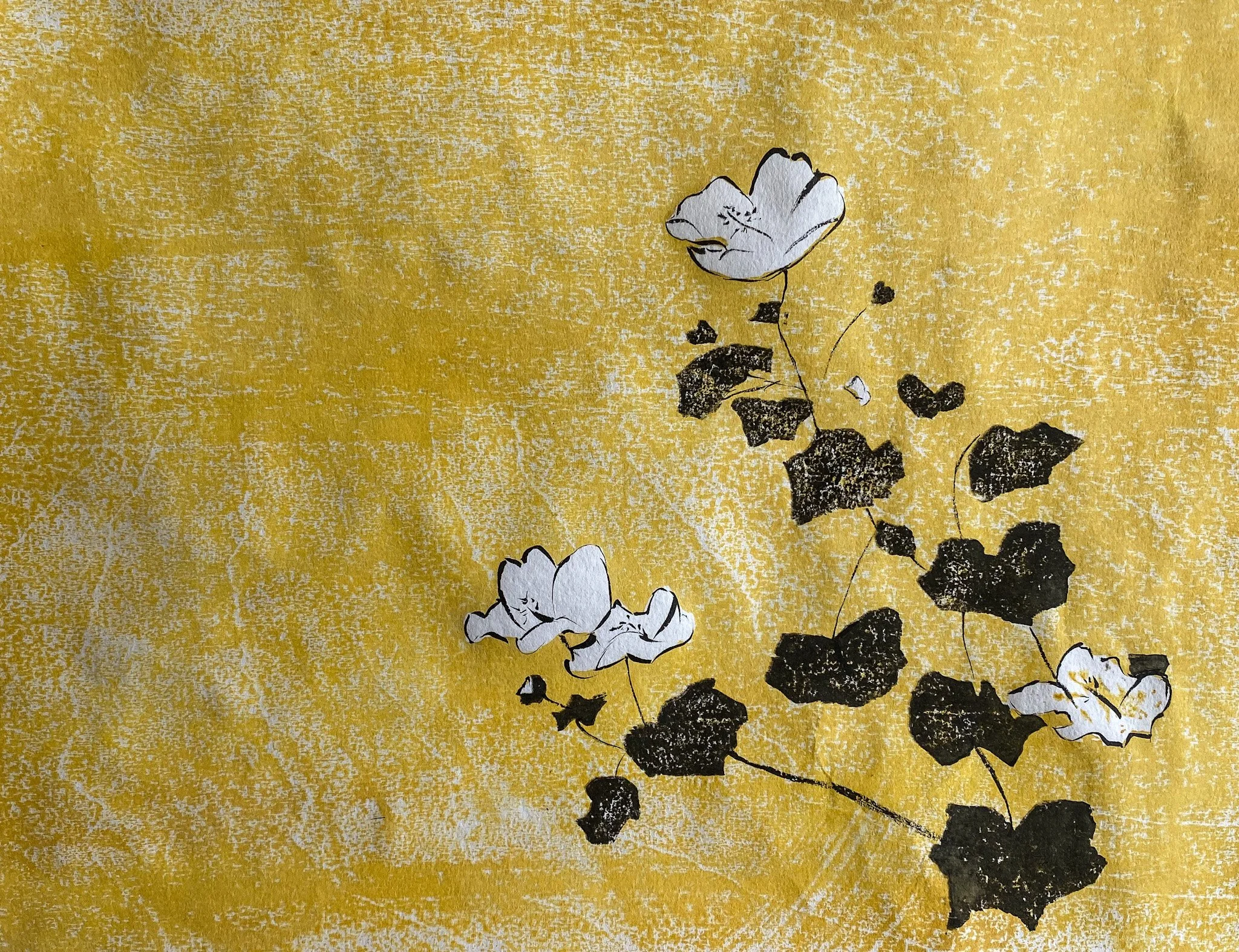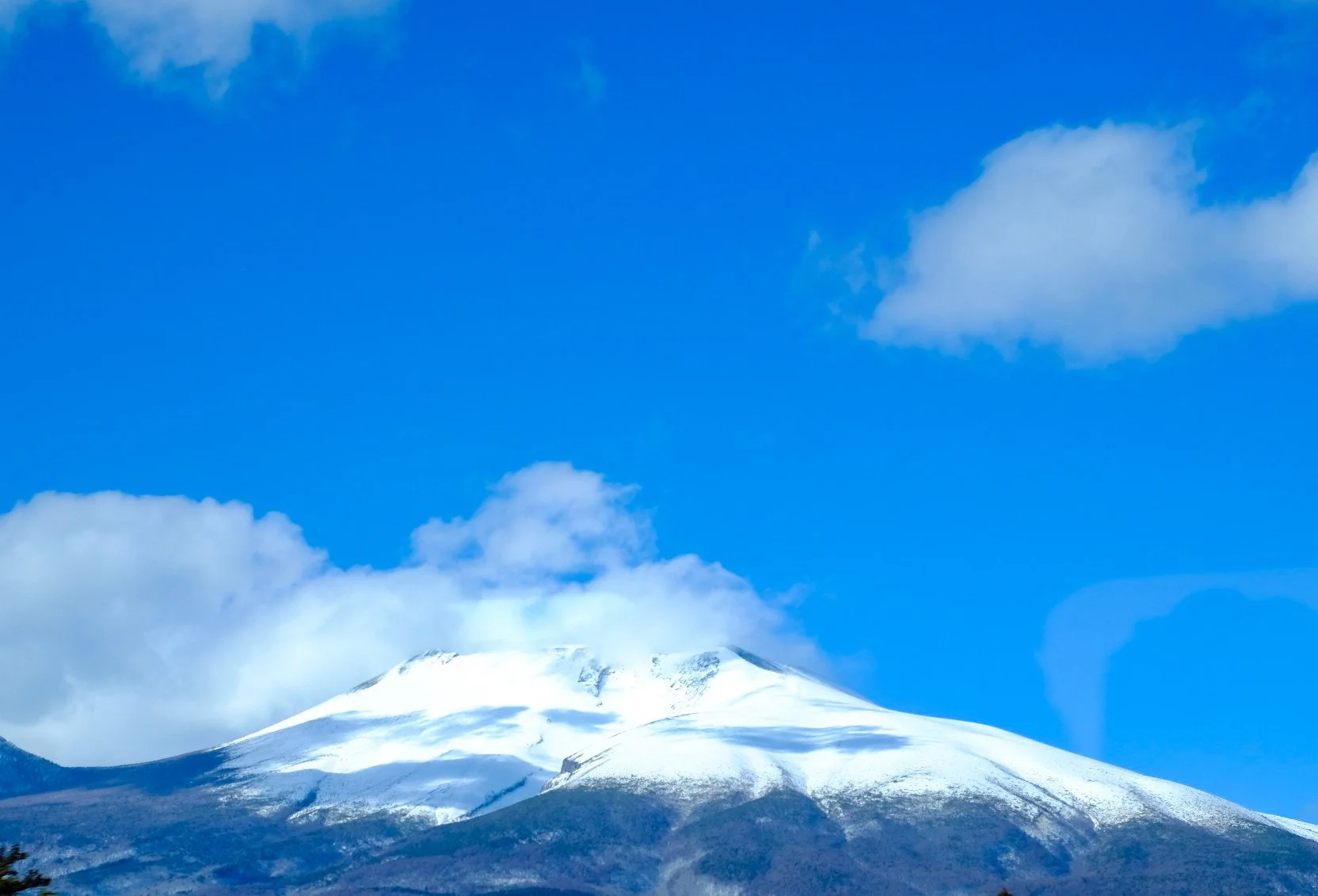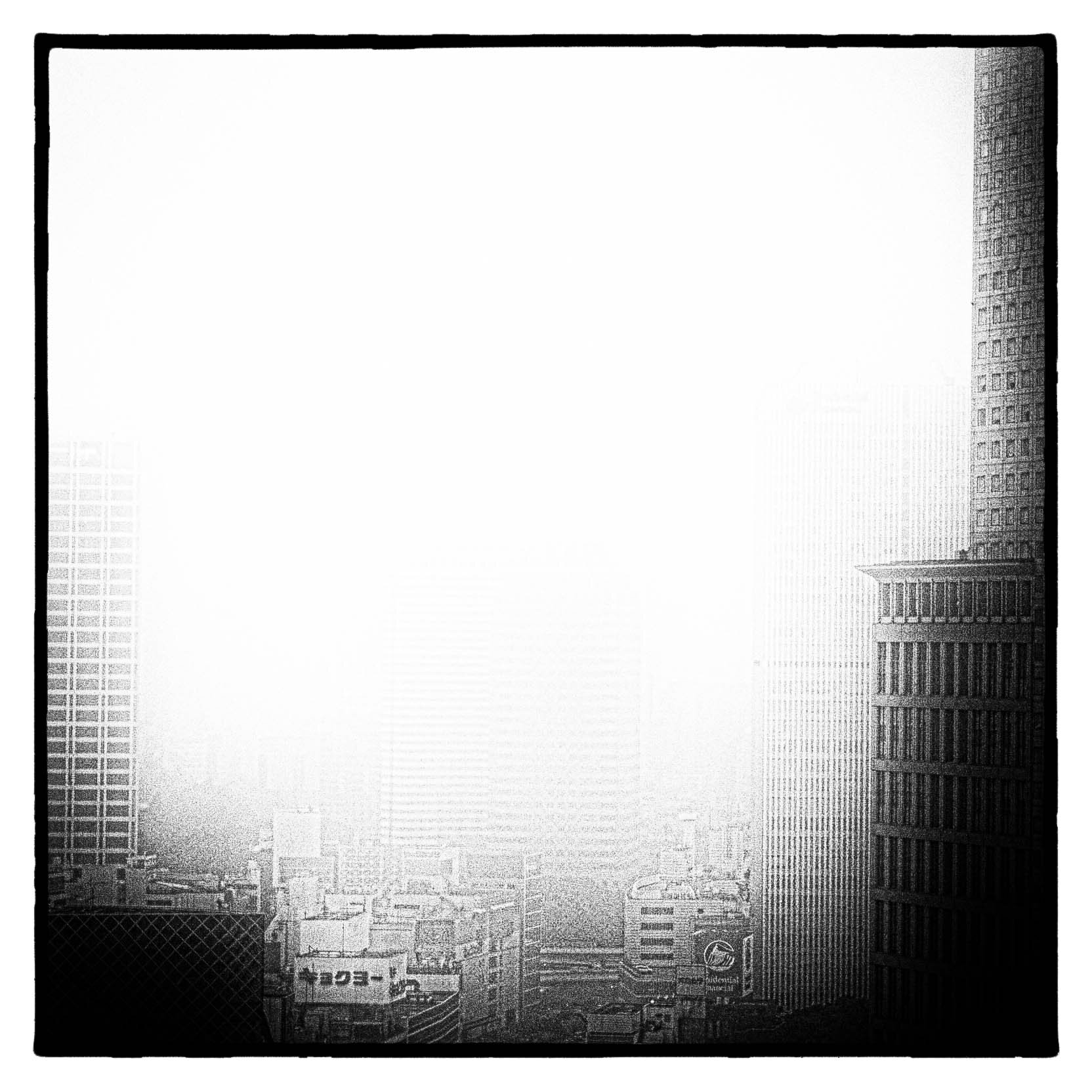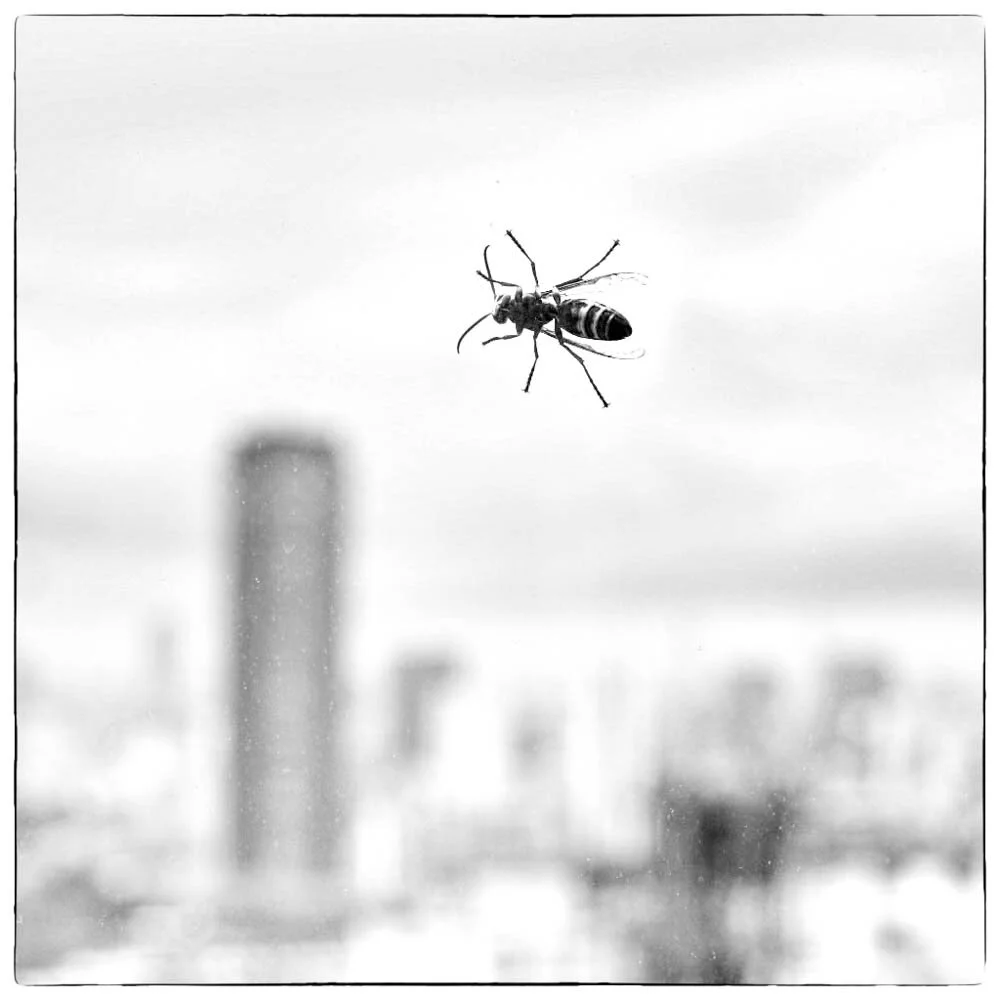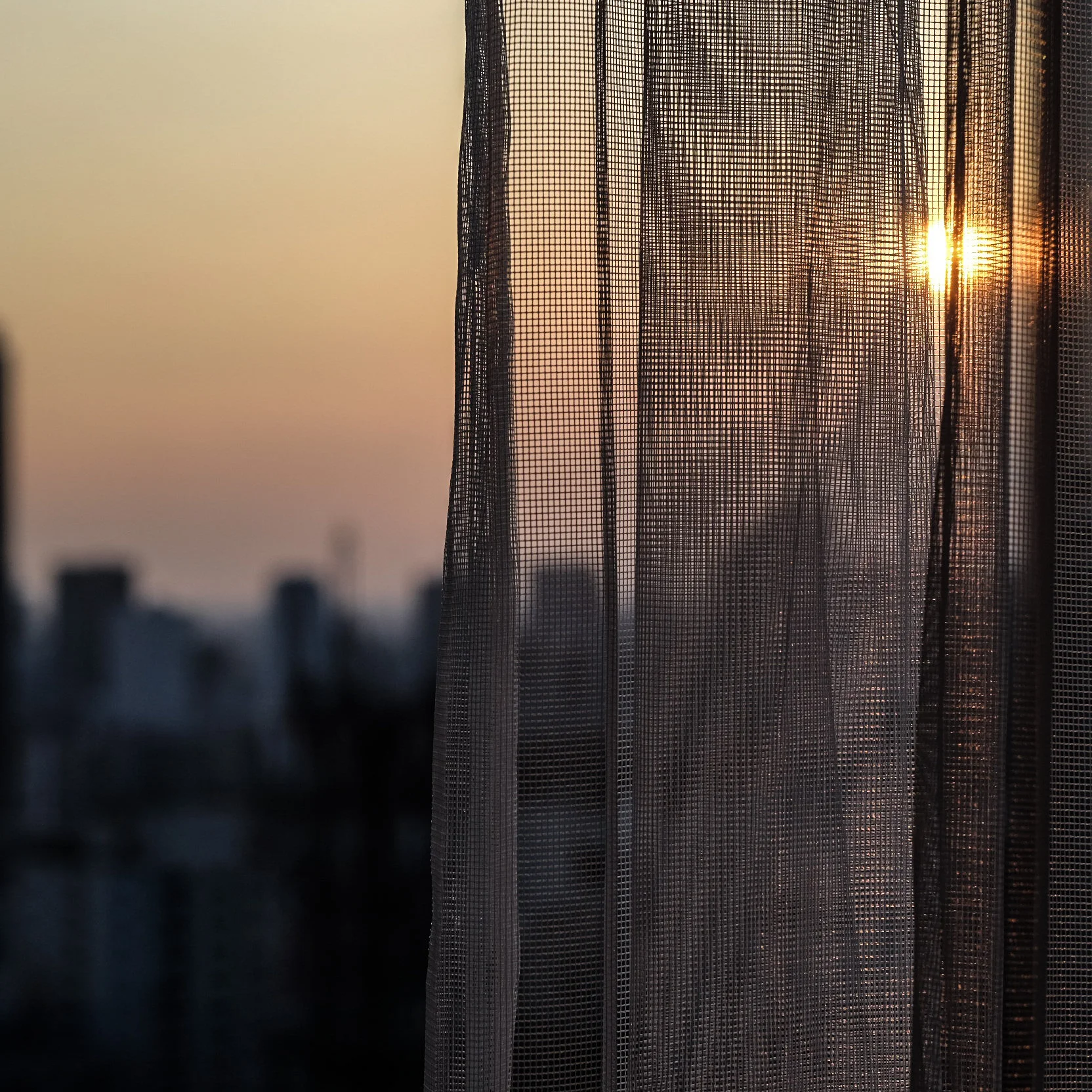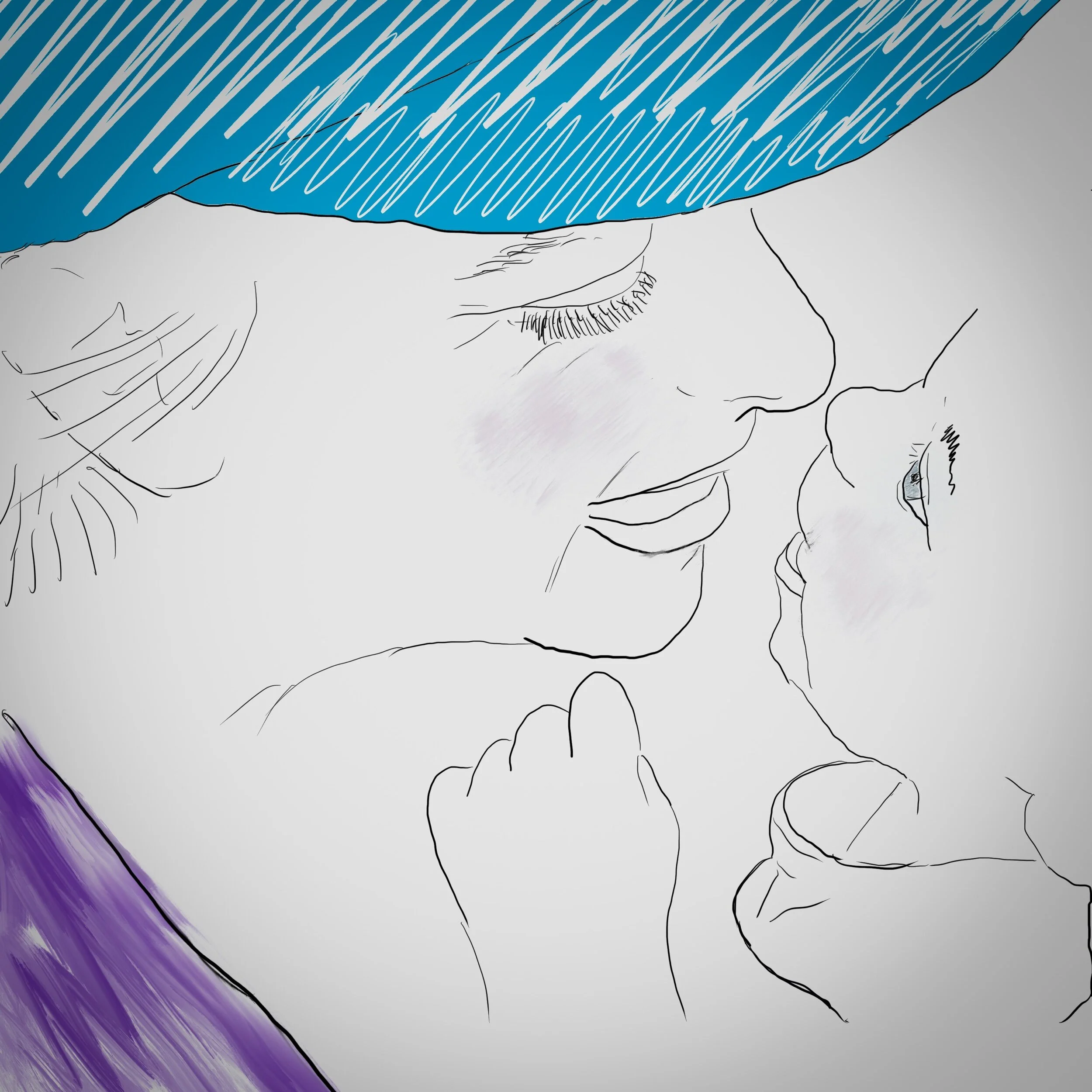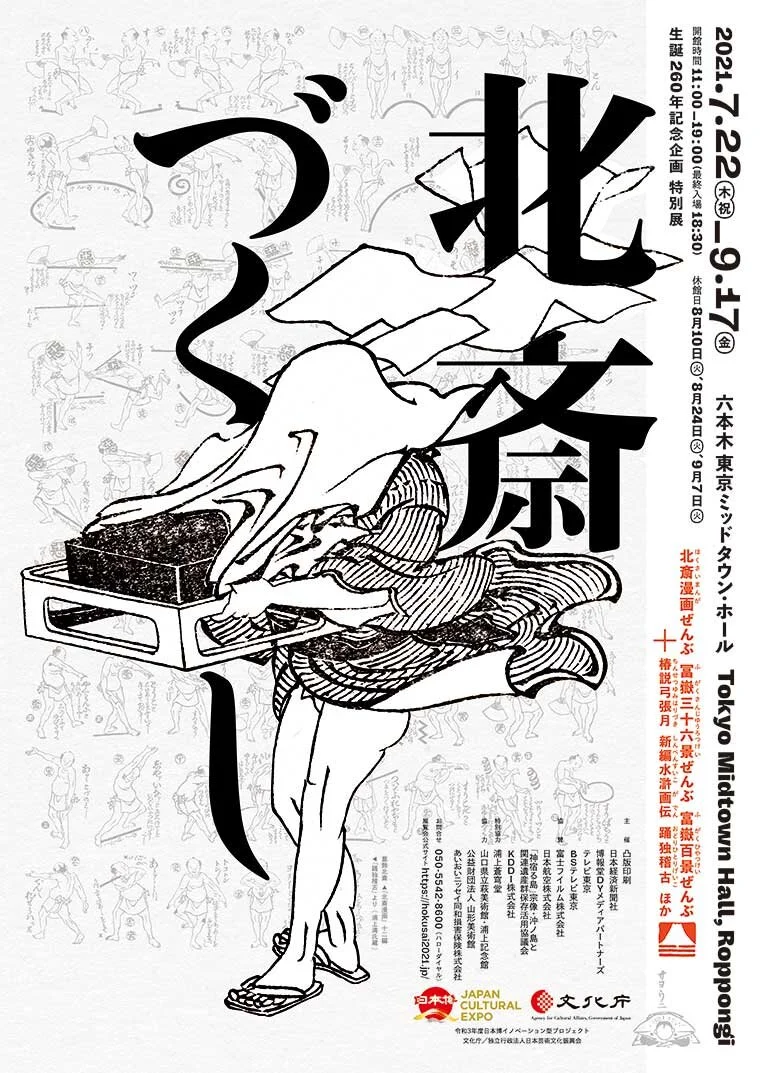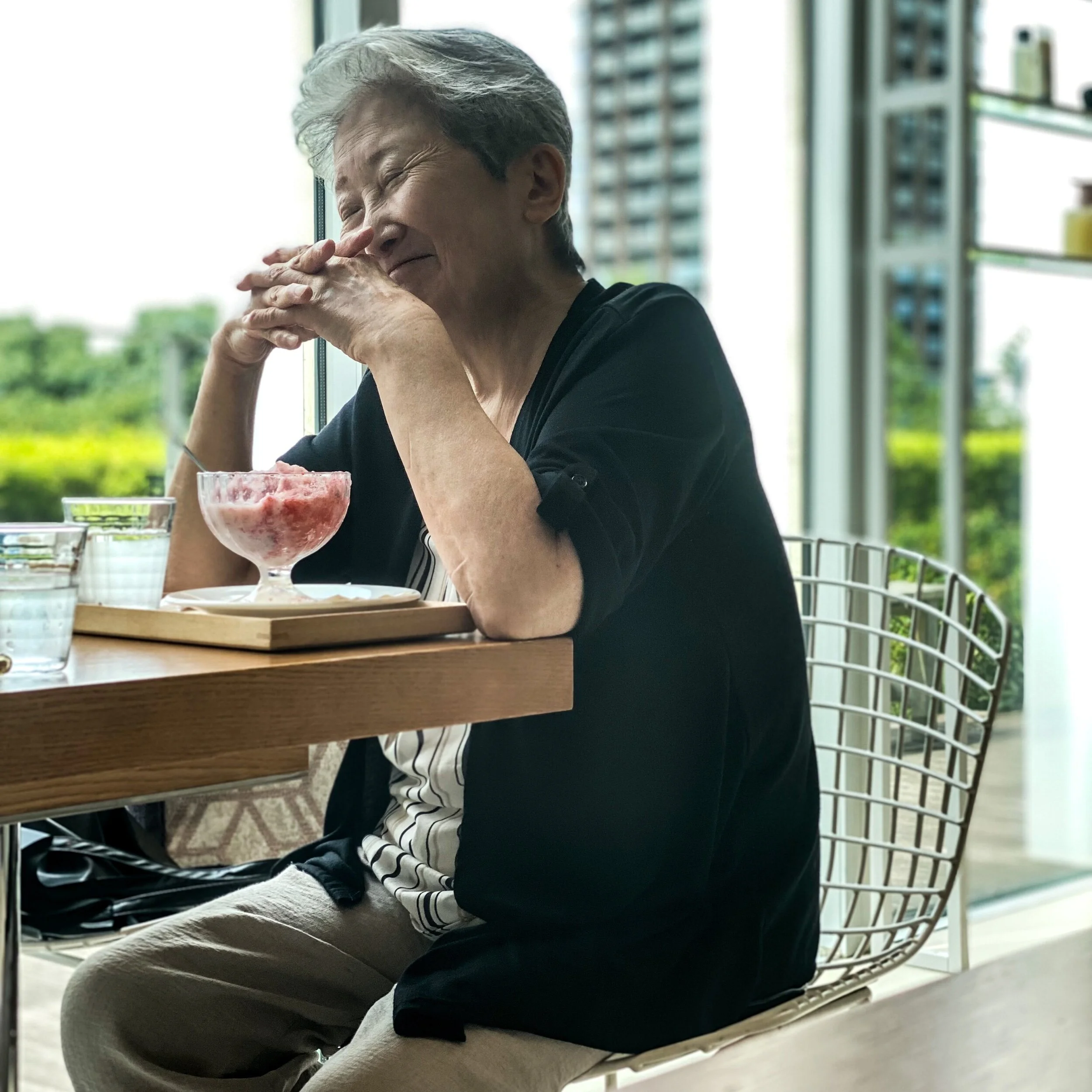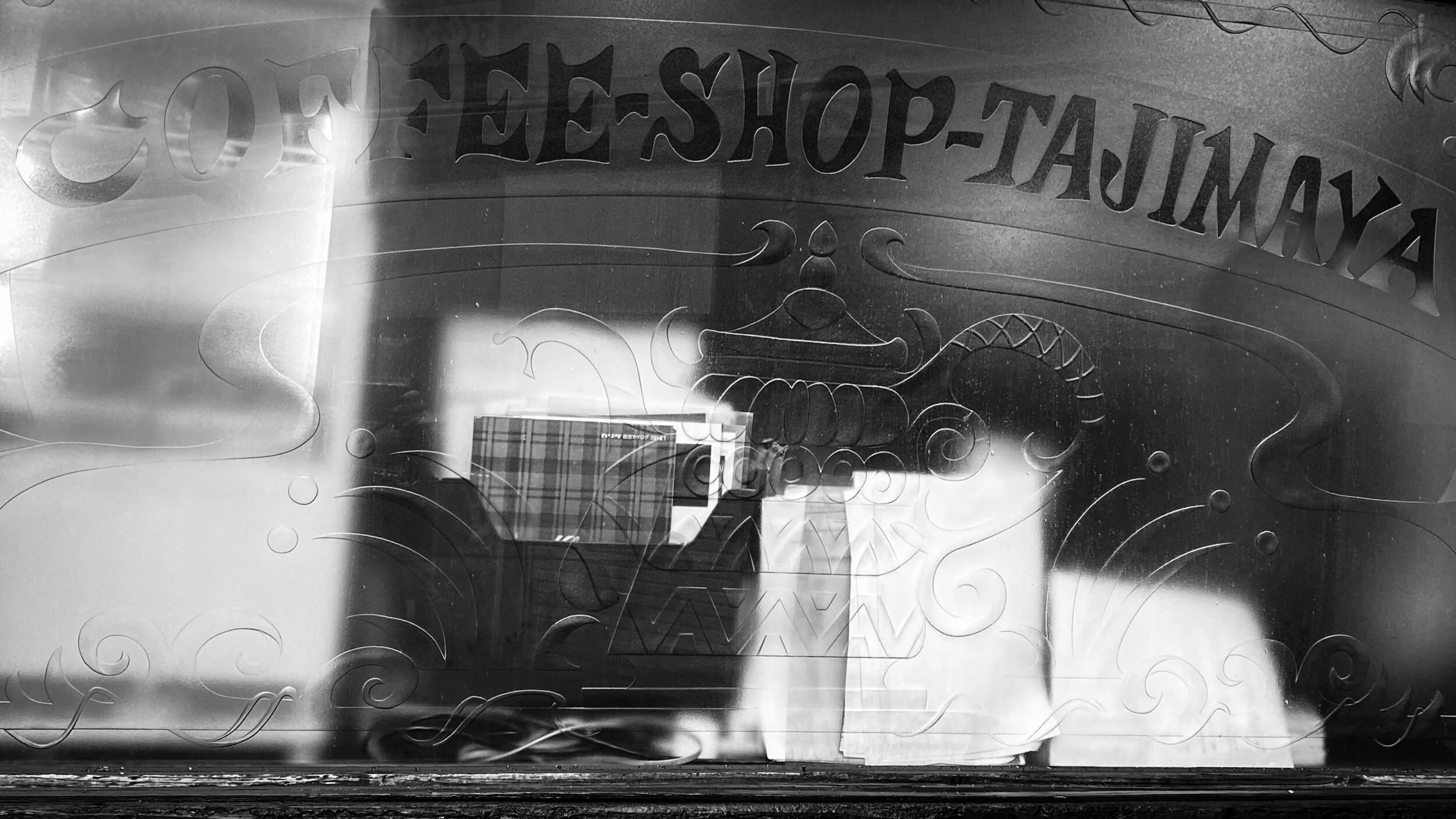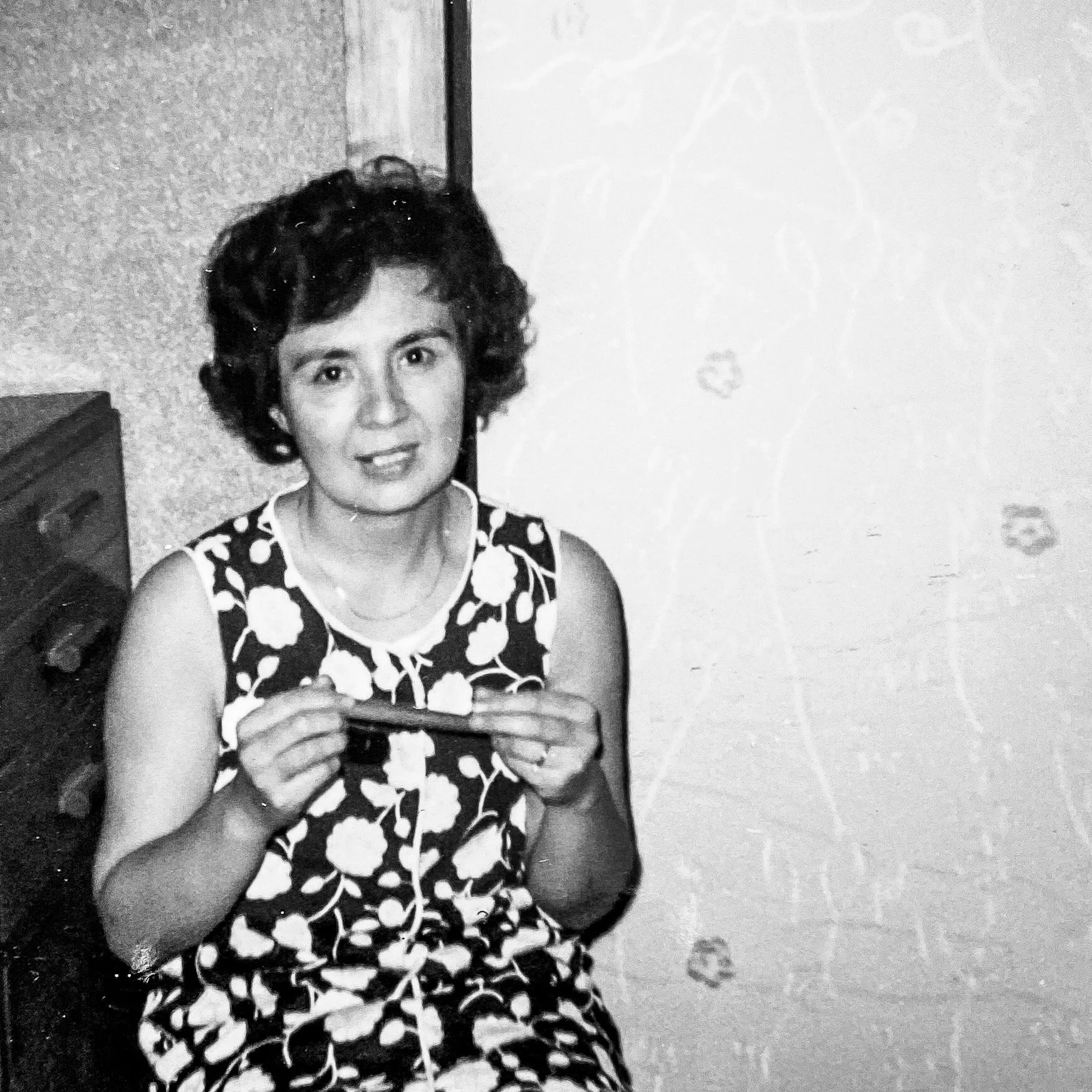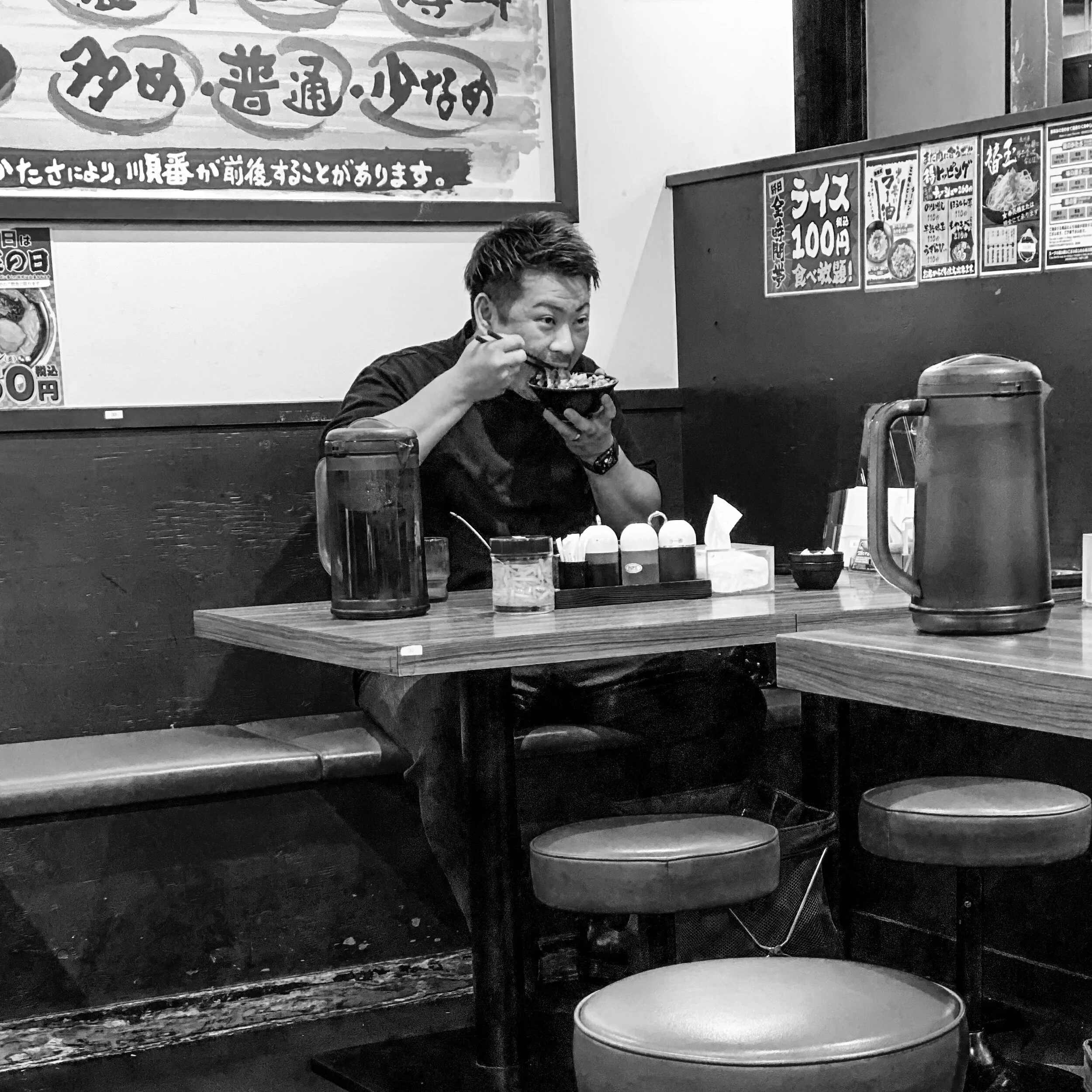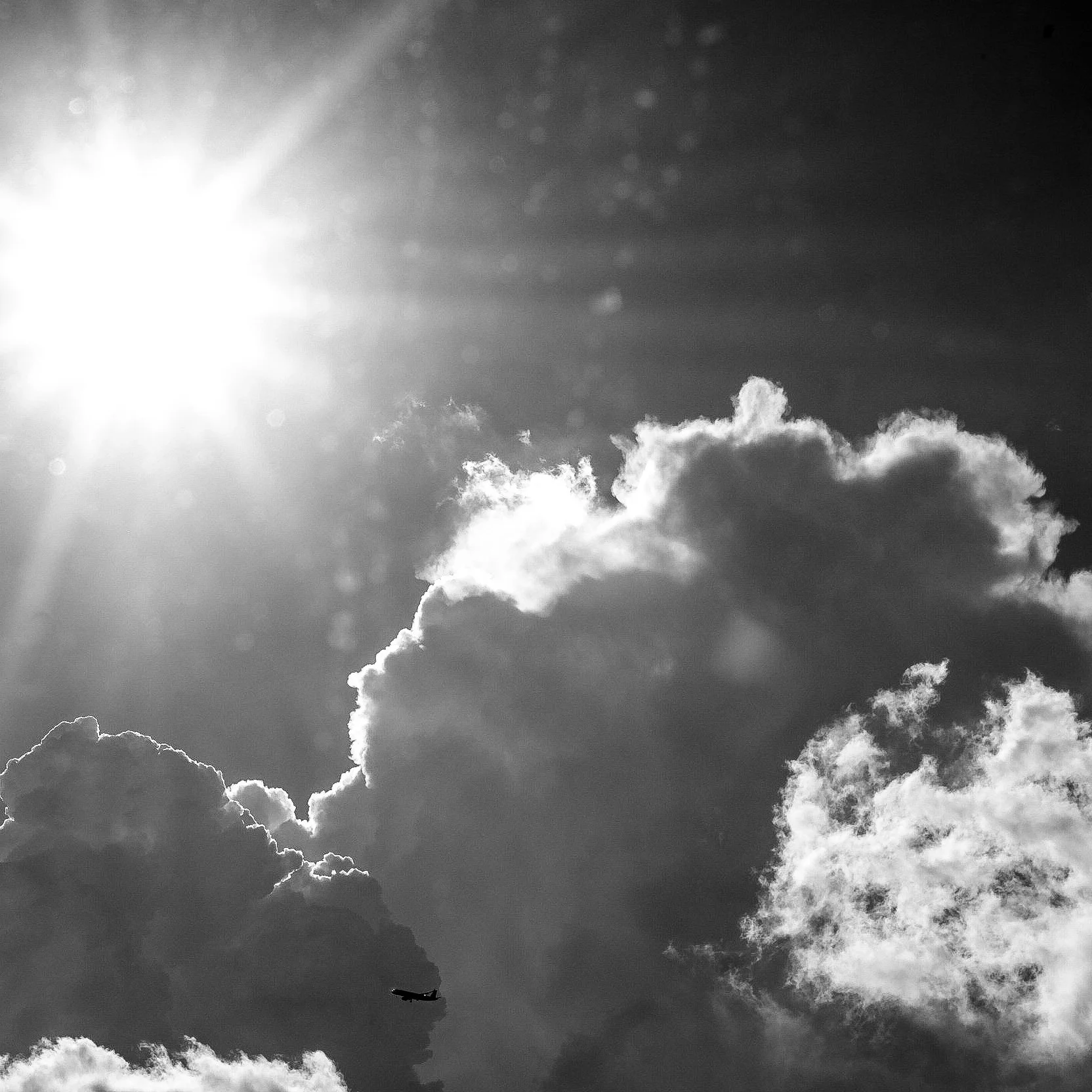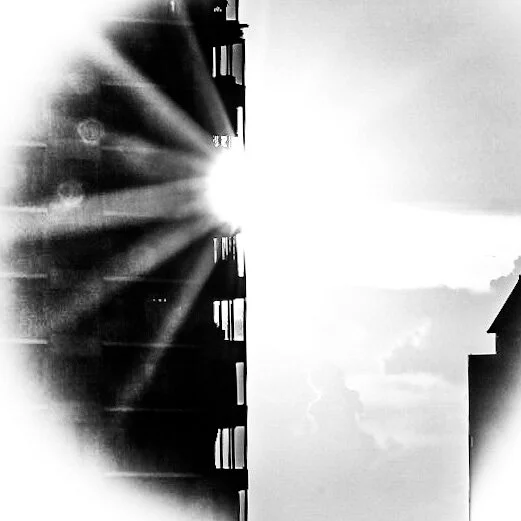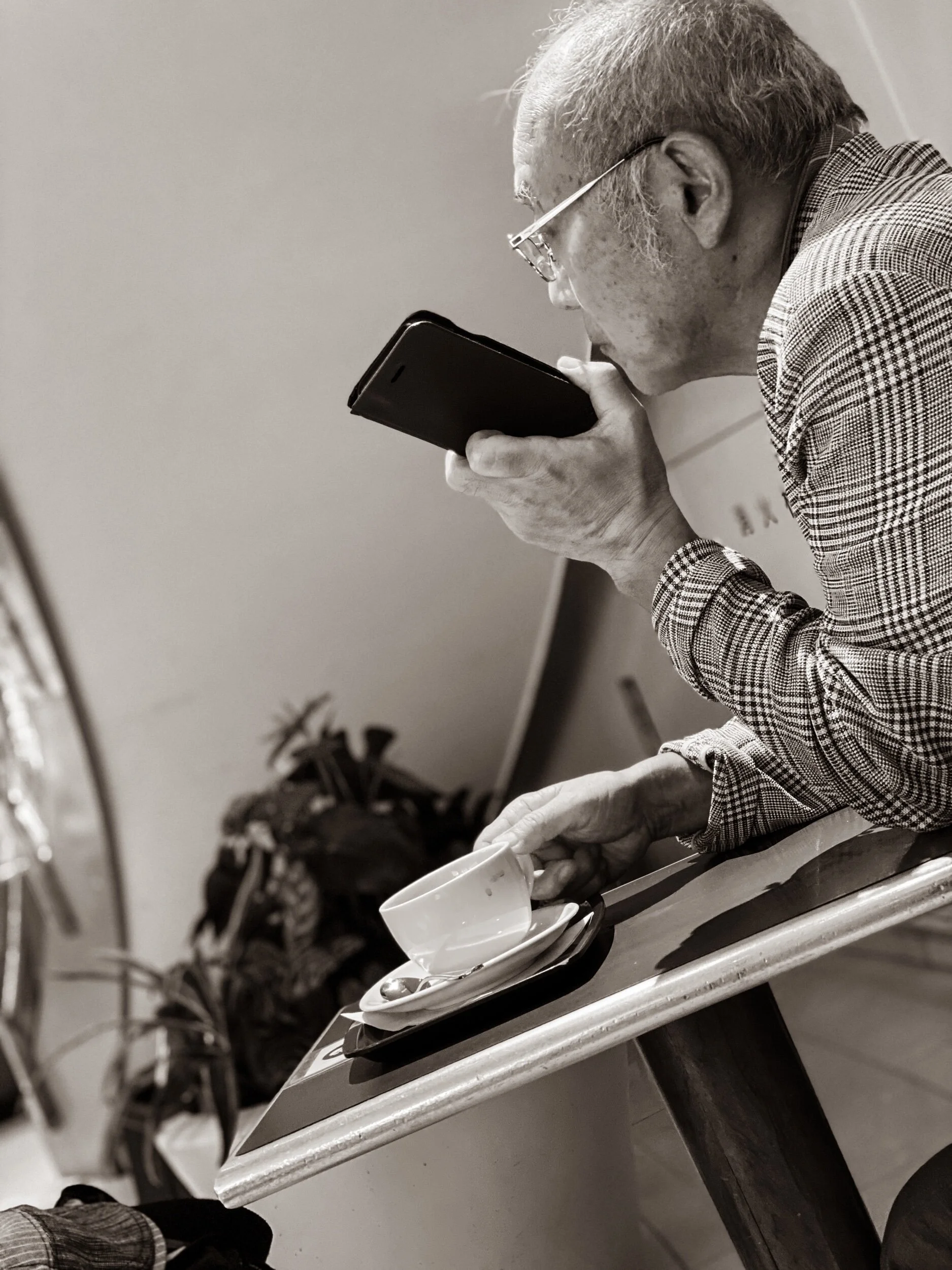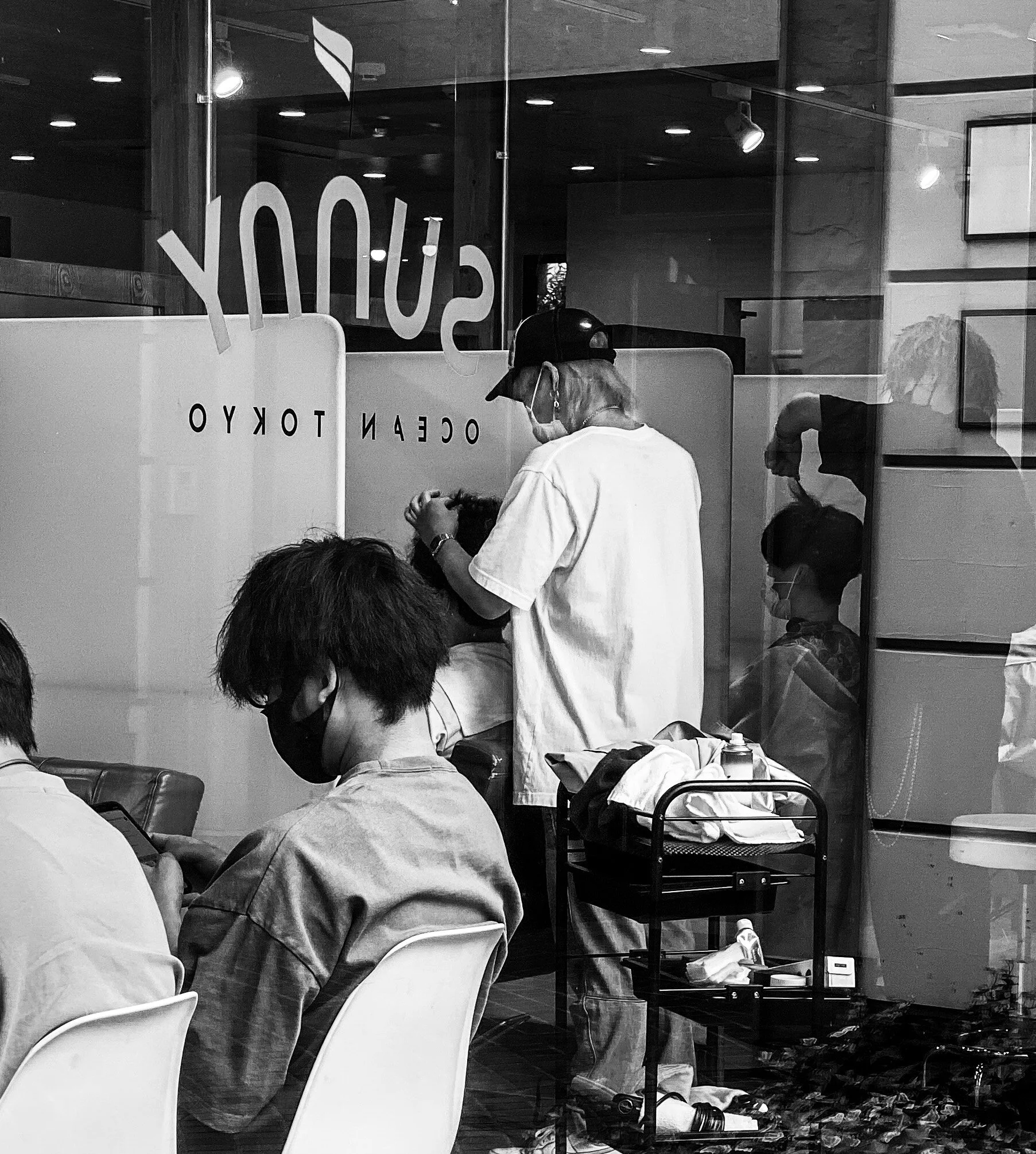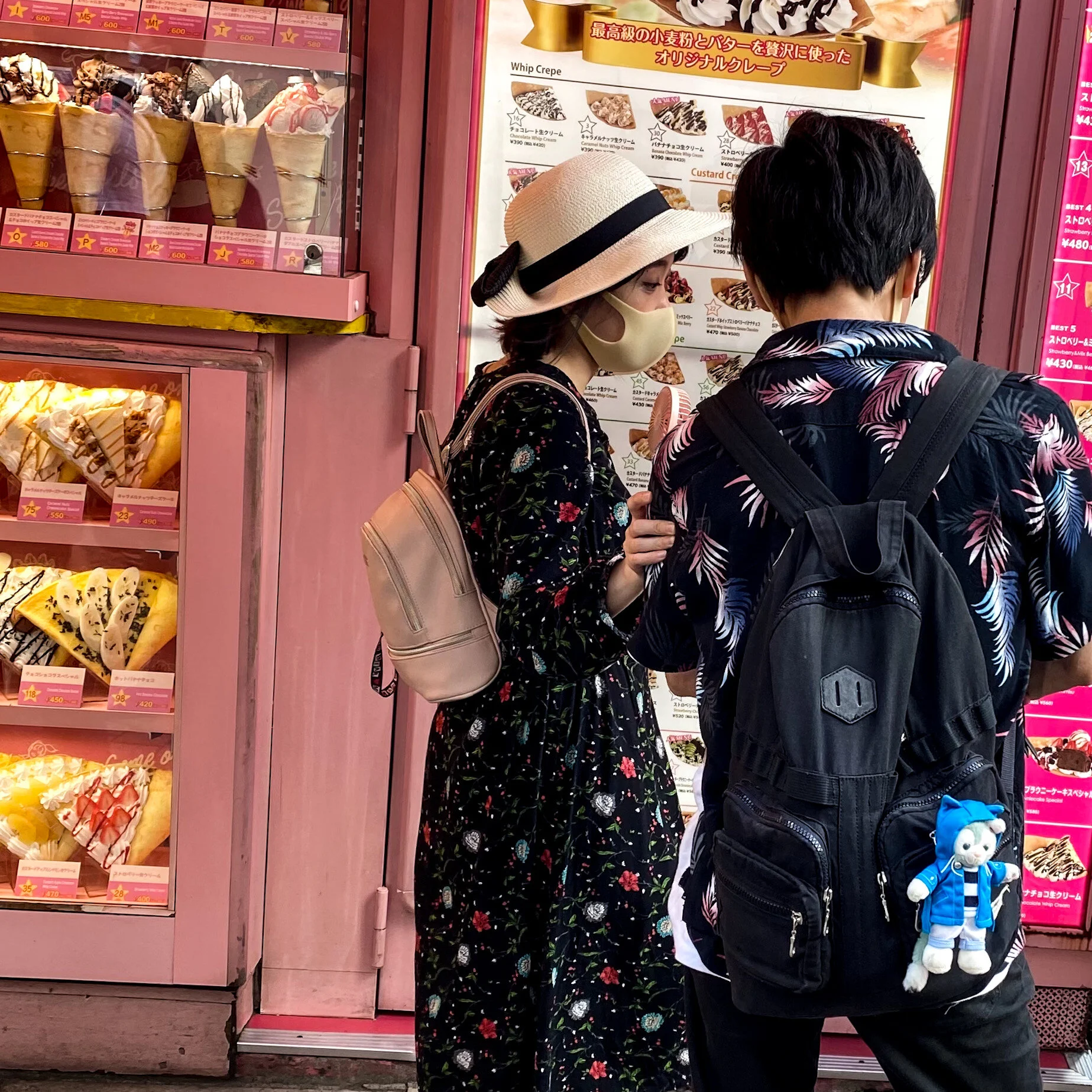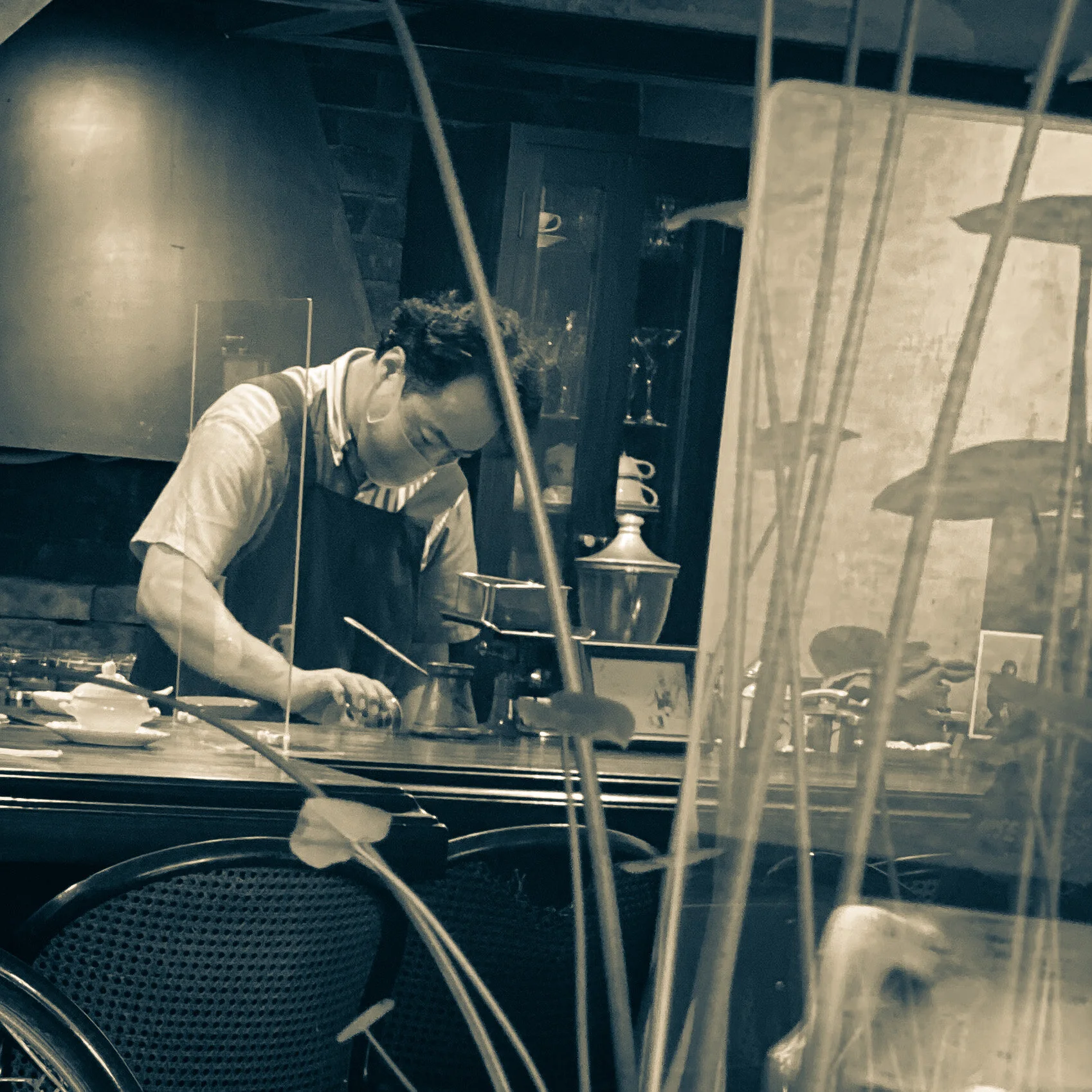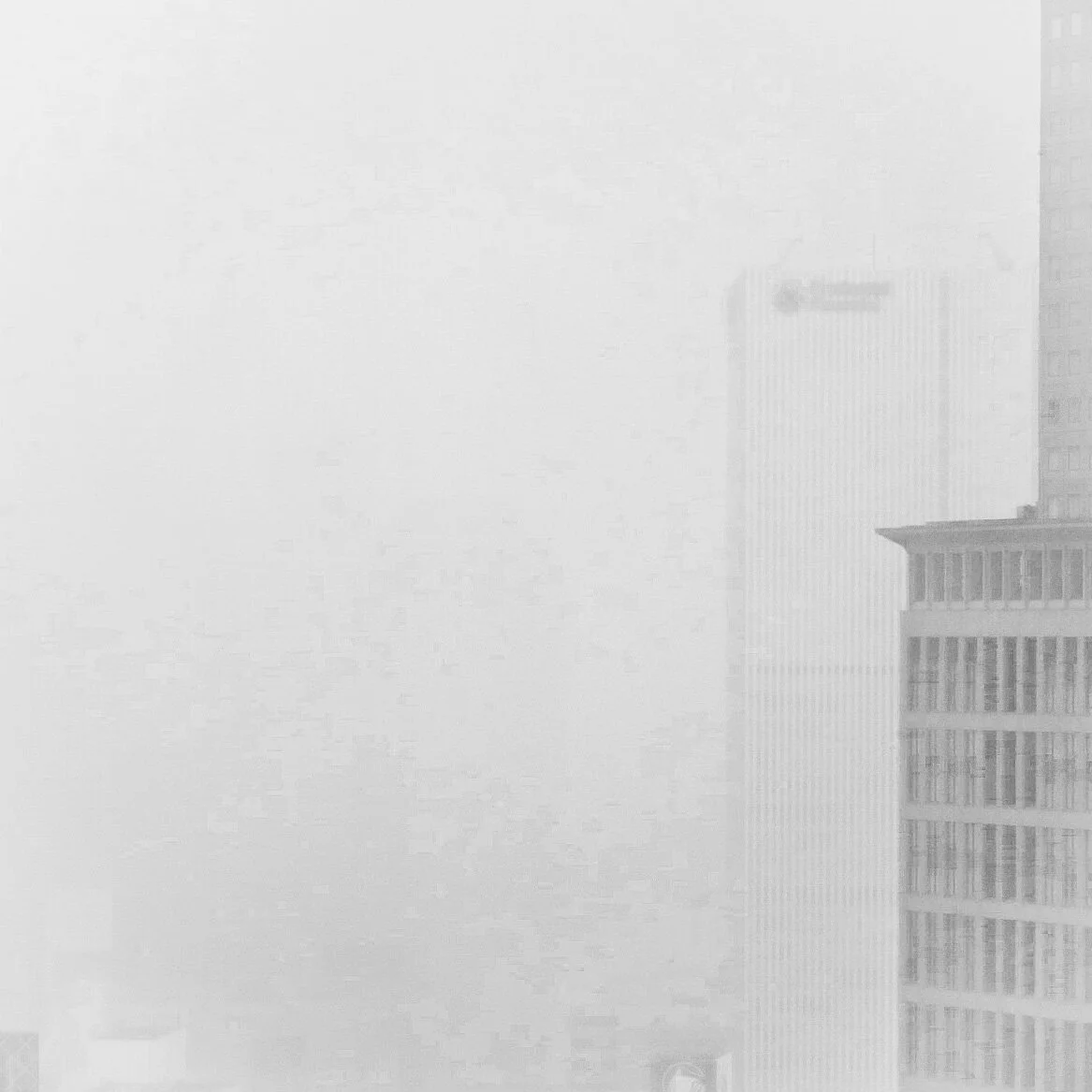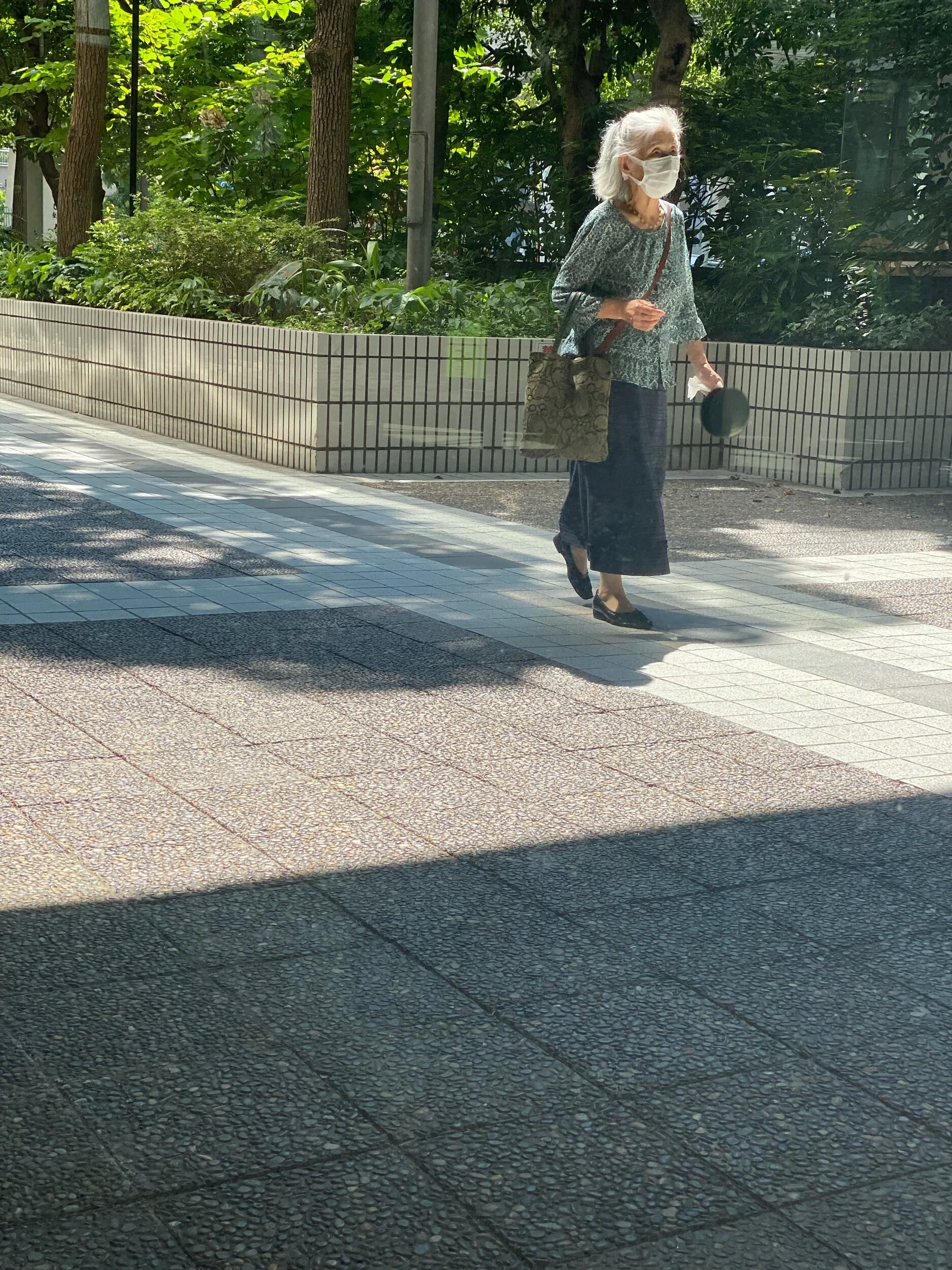Tokyo is hosting the 2020 Olympics, delayed a year and now happening even though that pesky coronavirus is still hanging around.
Because of the COVID-19 Pandemic (and other assorted scandals that often beset a country that hosts the Games), the Olympics has been controversial here in Japan. The prospect of winning the opportunity to host the Olympics was greeted by the public with joy and pride in 2013. Understandably, the happiness to host an Olympics has been tarnished by the onset of the global pandemic. In response to the danger, the 2020 starting date was delayed just 3 months before its opening in April 2020. This decision was historically unprecedented. Never before have the modern Games been postponed. They had been cancelled three times because of WWI and WWII. Never postponed.
The Japanese Government and the IOC hoped that the health hazards from the virus would diminish and that by summer 2021 things would return to normal. Unfortunately, even though effective vaccines have become available in many countries, this July a majority of people have not been vaccinated. On July 30, 2021 the percentage of Japanese who have even been partially vaccinated is only 37% (one dose of two).
I remember that when vaccines first became available to seniors over 65 in New York State in mid January 2021, it was extremely difficult to find a place to get a vaccination. Don and I both got vaccinated in late February and March. It took that long to find an appointment. Even when eligibility was limited to essential workers and seniors over 65, we had to make daily, sometimes hourly phone calls to different places throughout the state before we could find an appointment. There were sites online that recommended places we could call. I got the first reservation 2 hours south of us at a mass vaccination site. Don had a later reservation, but wanted to get the vaccination when I did. Being persistent (and fearless), he walked in with me where I had the appointment, asked around to whomever would listen and asked if there were any cancellations and if he could get a shot. Luckily, a manager sent him in for his first shot. Now in July in New York there is so much availability of the vaccine, that you can get a vaccination (often without an appointment) at pharmacies, massive vaccine sites, and at your own medical clinic. In Grand Central Terminal, as you get off your train, New York has set up a large center for vaccines, and you can walk right in and get your first shot and a reservation for your second.
Don is now trying to help all of the staff at his school here in Tokyo to get vaccinated before the end of September. It has not been an easy task. Eligibility for all citizens over 18 is theoretically in place, but many people are still having difficulty getting vaccinations. The way it works is that the ward where you live (like a borough in New York City) will send you a vaccination card and then you can take that and make a reservation to get a shot.
One of Don’s staff wrote, “I got my first dose on 9th July. I was lucky to be able to get it through my husband's workplace, otherwise I might not have an opportunity until the end of the year, as my local city sent out the vouchers and included a note to say we wouldn't be able to book a vaccination with them until November at the earliest.” Another wrote, “Last night I received my vouchers and tried to make appointments. It seems that the first vaccination is barely available and there's no vacancy for the second one in this year and next year. The website says the first and second appointments need to be made at the same time but since there's no available date for the second one, I cannot even make an appointment for the first one...”
For good updates on the COVID-19 issues in Japan listen to Mike Matsuno, a 4th generation Japanese American living in Japan.
On July 12, eleven days before the Opening of the Games, the Japanese government declared Tokyo's fourth state of emergency over the coronavirus. The state of emergency is not like a lockdown. Shops and venues are open, but they are required to close by 8 PM. No alcohol is being served at restaurants and pubs. In our area the subways are less crowded, but apparently in the busier areas of the city like Shibuya and Shinjuku people are out just like normal.
According to the Mainich News when people were asked if the state of emergency could control the spread of COVID, most said ‘no.’ It may be that the Japanese are not taking these soft measures of the government very seriously. Everyone is tired of this pandemic. Unfortunately, the Delta variant is not going away and people are getting sick.
How about the Olympics? In the face of strong public opposition, the Japanese government refused to postpone or cancel the Games. Admittedly, a lot of money in advertisement would have been lost if the Games had been cancelled. And, the cost of the buildings built for the event went into the billions.
The Olympics are fun. Although there was strong popular opposition to running the Olympics in the midst of this ‘21 pandemic, now with all the excitement of the judo, gymnastics, soft ball, and karate - the Games have been a good diversion. And Japanese athletes are doing very well. They are now leading in taking the Gold. Politicians know that in the past any country hosting a good Olympic Games gives the leader a boost in popularity as the people feel a pride in country. Prime Minister Suga is running for re-election in September. He and his party are hoping that, despite everything, the Japanese will look good to the world during this event. The Japanese athletes will win medals. The sports arenas will look magnificent. And the Games will bring hope that these viruses can be defeated, just like a sports opponent.
However, from my interpretation, a fear of cancellation was also important for other reasons. Refusal to postpone a second time would lead to a loss of Face worldwide. Japan’s major competitor and in Asia, China, is scheduled to host the Winter Olympics next year. Japan does not want to look like it could not swing the heavy burden of running the most prestigious sporting event in the world. The Olympics is more than sports, it is a test. It is a test showing how financially stable a country is. How militarily secure she is. How strong her infrastructure is. How a country looks during the Games is showcased across the world in millions of people’s TV rooms, on social media, on the Internet, in the news. A good Olympics, where she can show off her countryside and can showcase her attractive cities can bring in millions, if not billions, of dollars to the tourism trade and to the business economy.
Prime Minister Suga, elected last Fall, is not very popular, in large part because of the government’s inadequate treatment of the pandemic. He and his party hope to strengthen his position by conducting a problem free Olympics. He will be up for reelection at the end of September.
Notice Suga’s defensiveness after yesterday’s numbers on the number of cases were reported. According to the Japan Times on July 30, 2021, “More than a third of (the nationwide) 10,699 cases were in Tokyo, which confirmed a record 3,865 new infections. Prime Minister Yoshihide Suga insisted there is no link between the recent surge in Japan and the holding of the Olympics.”
For all of this, or maybe because of it, I feel fortunate to be here in Tokyo in this historic time when the Olympic Games compete against the Coronavirus. Who will win? Don and I can see the Olympic Stadium in the distance and saw the fireworks and the drone light Opening Ceremony show from up here in our apartment.
2020 Olympics
mbfitzmahan. July 23, 2021
